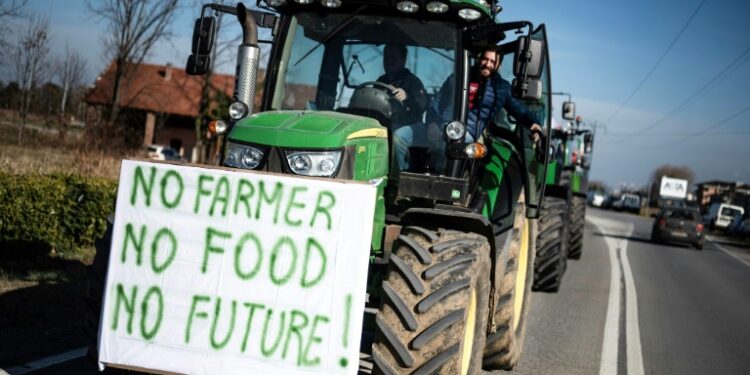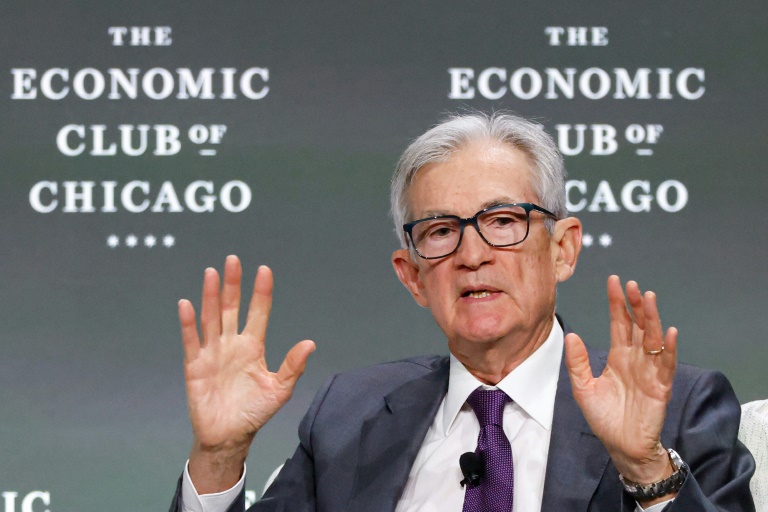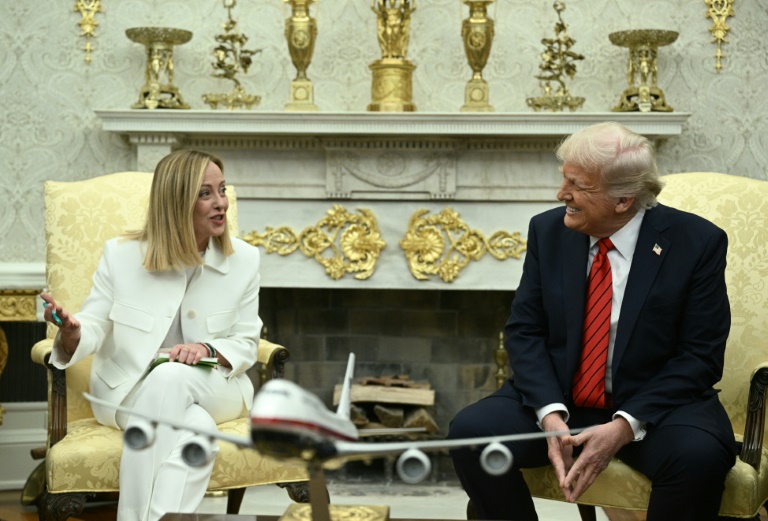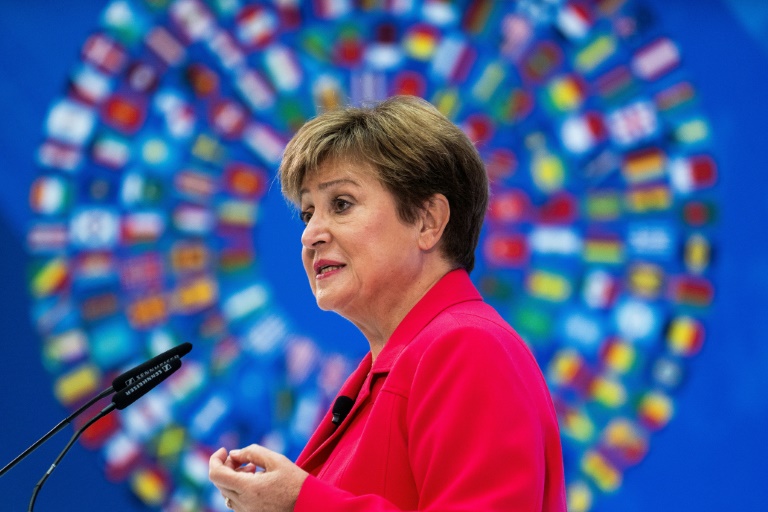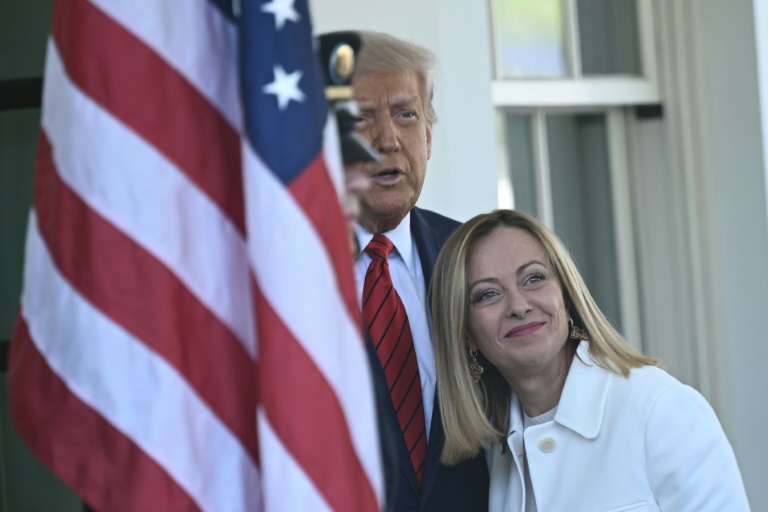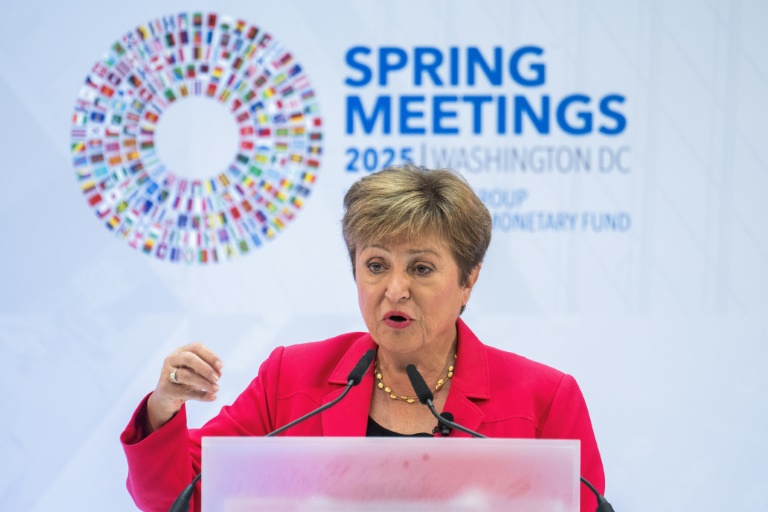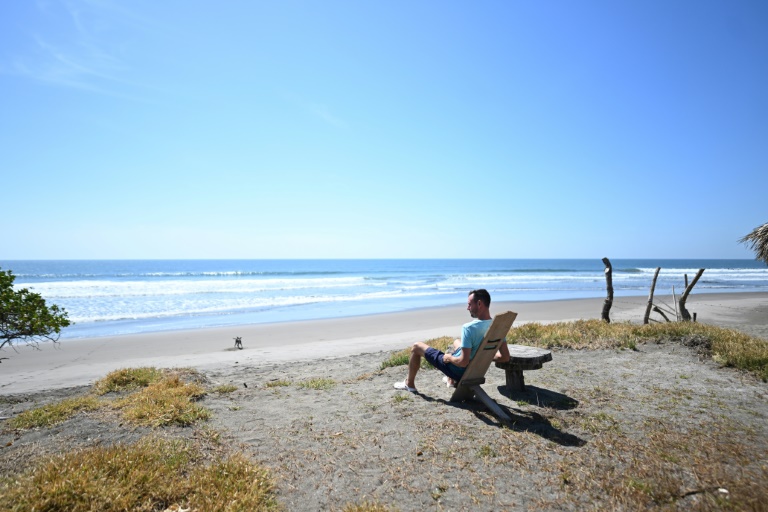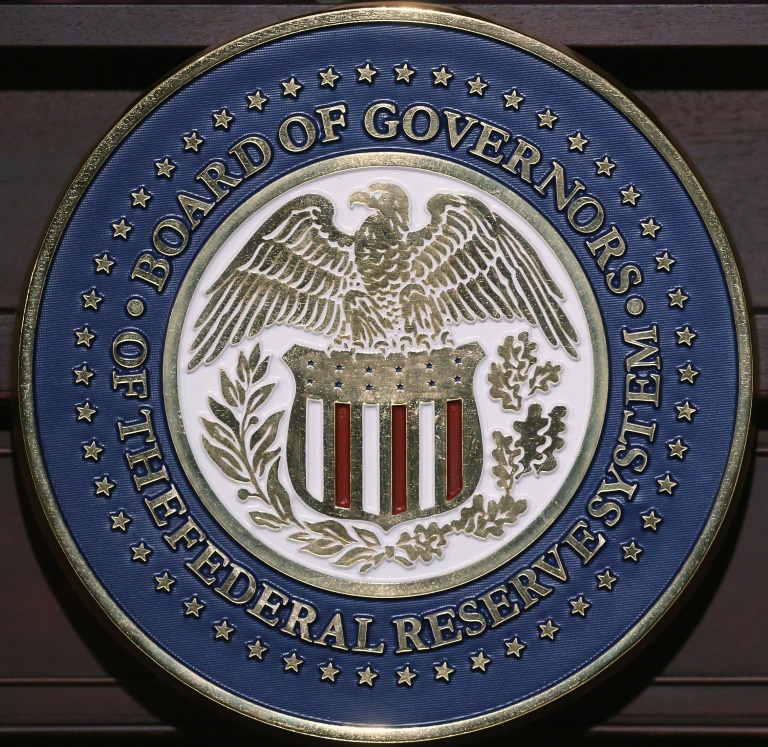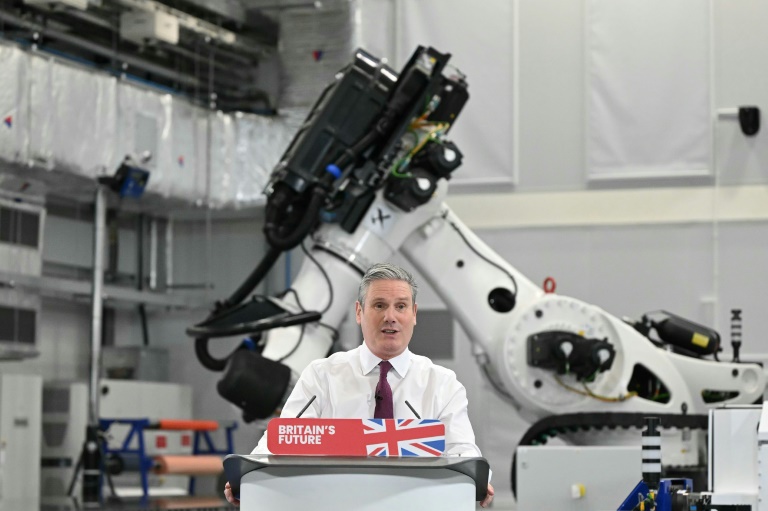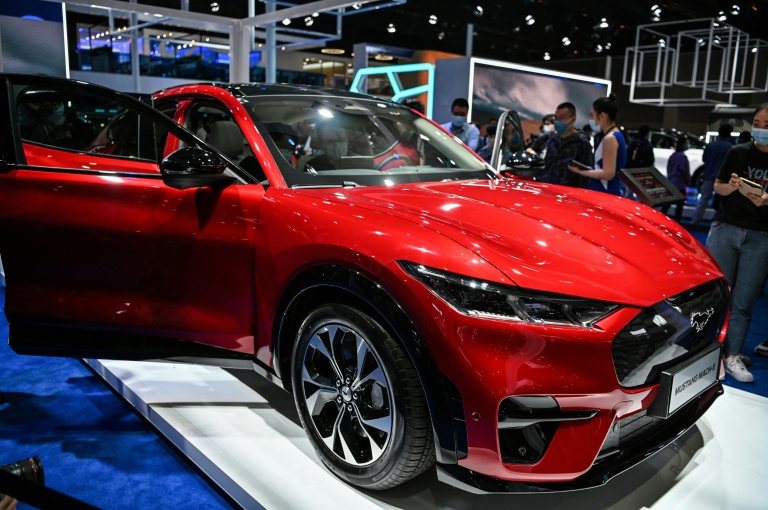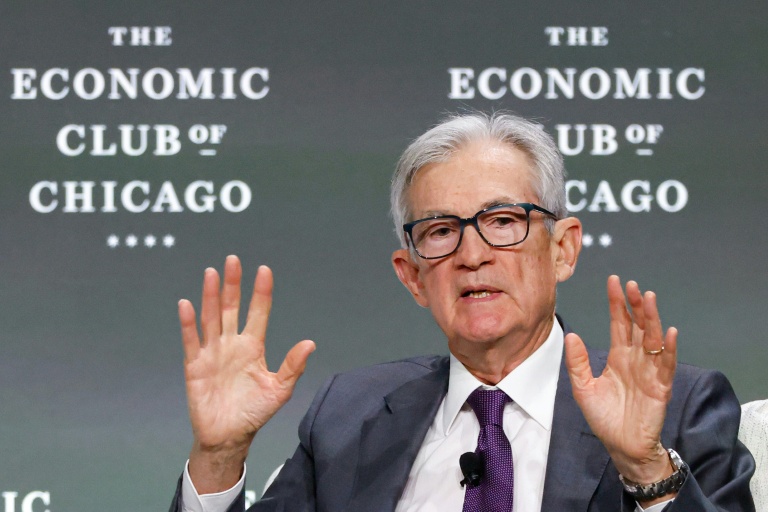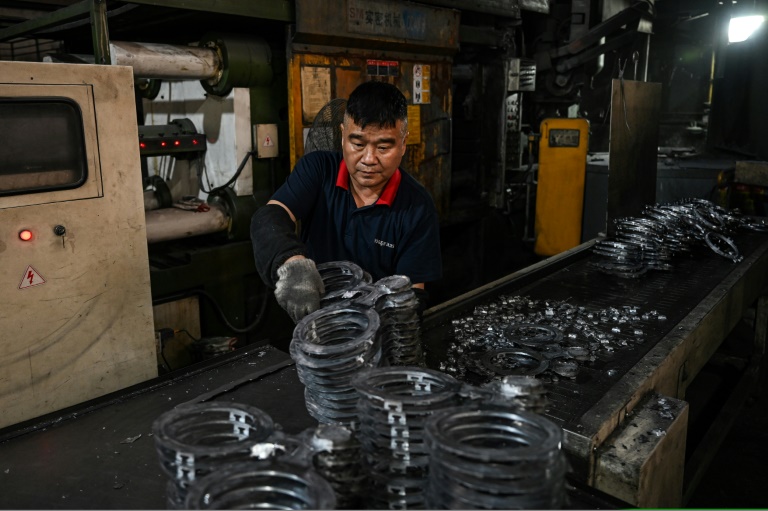Brussels (AFP) – With farmers venting their anger across Europe, the European Union said Wednesday it would create “safeguards” to stop cheap Ukrainian imports from flooding the market and ease highly contested rules on leaving land unused.
Grain imports from war-torn Ukraine have caused a standoff with Poland and Brussels is under pressure to address farmer discontent ahead of elections this year.
“EU farmers put food on our table,” European Commission President Ursula von der Leyen wrote on X, the former Twitter, as the measures were announced.”In hardship, we find common solutions.”
The EU has proposed extending tariff-free entry for Ukraine’s farm products for another year starting in June.
But it also called for “safeguards” to stop imports driving down prices at the expense of Europe’s own farmers.Ukrainian exports to the EU rose 11 percent in value between January and September last year.
Angered by tanking prices, Europe’s farmers complain of unfair competition from producers who are not bound by EU rules, on animal welfare for instance.
The Commission’s proposal allows for “quick remedial action…in case of significant disruptions to the EU market”.
For the most sensitive products — poultry, eggs and sugar — an “emergency brake” would be used to stop future imports from rising beyond the average volumes of 2022 and 2023.
European Commission vice president Margaritis Schinas said EU monitoring of Ukrainian imports had not shown a detrimental impact on the market as a whole, but acknowledged “some adverse effects which are more localised in a few countries”.
The powerful EU farmers union Copa-Cogeca — while it welcomed the introduction of some safeguards — said they did not cover enough areas and would not “provide sufficient relief.”
In Kyiv, Prime Minister Denis Shmygal welcomed the Commission’s tariff proposal, including what he called “clearer instruments of control” to avoid potential conflicts over agriculture as Ukraine seeks EU membership.
He voiced hope the measures would persuade Poland, Slovakia and Hungary to end unilateral restrictions on Ukrainian imports, which fly in the face of EU competition rules.
– ‘Obliged to act’ –
Brussels separately proposed another one-year exemption — though a partial one — from rules forcing farmers to leave a share of their lands fallow, imposed as part of the bloc’s common agricultural policy to promote biodiversity.
The rules decreeing that four percent of land must be left unused — an ongoing gripe for European farmers — were suspended in 2023 after Russia invaded Ukraine, to help offset the loss of grain supplies.
Farming groups and EU states including France had pushed for the exemptions to be extended when they expired in December.
“This is a partial exemption limited to this year,” European Commission vice president Maros Sefcovic said in announcing the new proposal.
“Weather-related disasters, geopolitical tensions, economics of agriculture, because of the high energy prices — all these created the situations that we feel we are obliged to act under this pressure,” he said.
Instead of keeping arable land unproductive, farmers would be able to grow so-called “nitrogen fixing crops” such as lentils, peas or favas, or “catch crops” that are grown between regular harvests, and still meet the fallow land requirement, a commission statement said.
Farmers would then remain eligible for EU subsidies.
Farm group Copa-Cogeca said the decision on fallow lands came “late in the agricultural calendar and remains limited.”
“We hope that member states will further strengthen this proposal,” said the agri-business group, which had been pushing for exemptions to other EU rules including on crop rotations.
The fallow land measure will be put to a vote by member states in the coming days.
The commission’s proposal on Ukraine imports has to be considered by the European Parliament and by member states, to be adopted by June when the current tariff exemption runs out.

